By Liana Jacob
THIS FORMER STUDENT’S WHOLE LIFE was tipped upside down when she was diagnosed with a rare form of soft tissue cancer that caused her to collapse after enduring multiple back spasms that resulted from SNEEZING and is now on a mission to raise awareness of her condition and REFUSES to let cancer win.
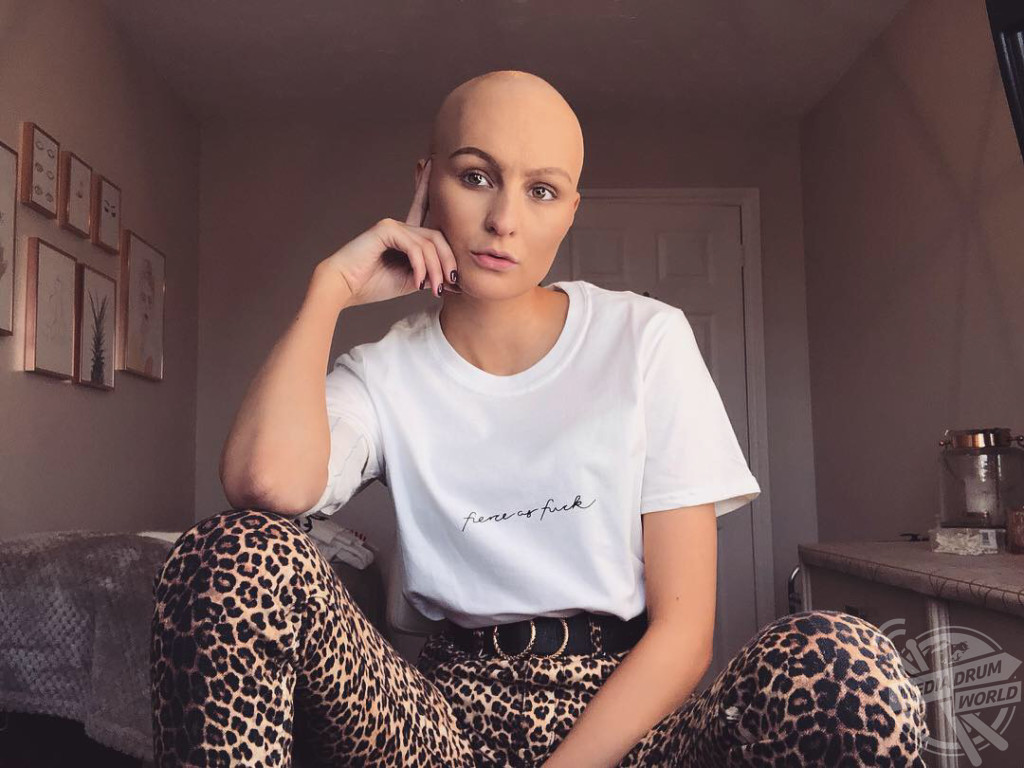
In April 2017, Daisy Ellis (23), from Northamptonshire, UK, had just celebrated her 21st birthday when her back started to ache and she struggled to lift heavy objects. Moving her things out of her university flat was a challenge but she passed it off as her tiredness from overexerting herself.
Whenever she sneezed her back would have multiple spasms and she would collapse in pain, her condition got worse, spreading to her right leg, and this is when she decided to visit her doctor.
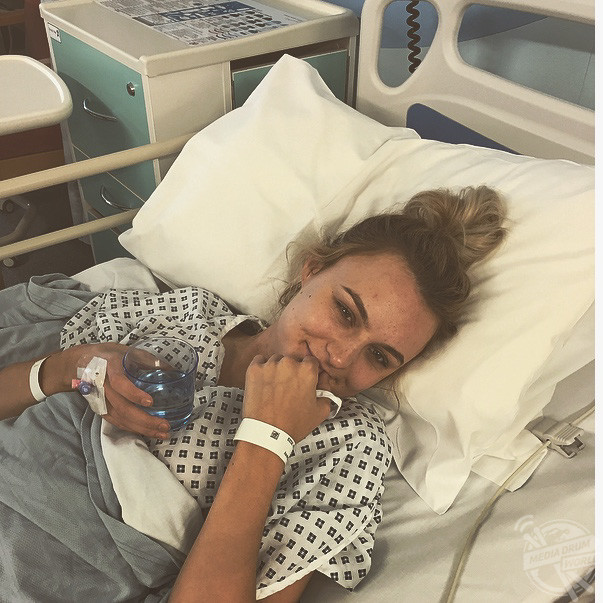
Daisy went to see a spine specialist who then referred her to a teenage cancer ward and she was diagnosed with stage four Alveolar Rhabdomyosarcoma (ARMS), a rare type of soft tissue sarcoma that grows in active muscles of the body, for example the muscles used to move arms and legs.
When she began her treatment in August 2017, her consultant informed her that there was a fifty-fifty chance of her body responding to the chemotherapy treatment, due to how fast the cancer had spread. During six rounds of chemotherapy her hair began to fall out and she was forced to shave the remaining hair off, which devastated her.
Daisy’s body reacted so badly to the treatment, that she regularly experienced neutropenic sepsis, a life-threatening complication of anti-cancer treatment that causes a fever of over 100 degrees Fahrenheit or higher, chills or sweating, sore throat and abdominal pain.
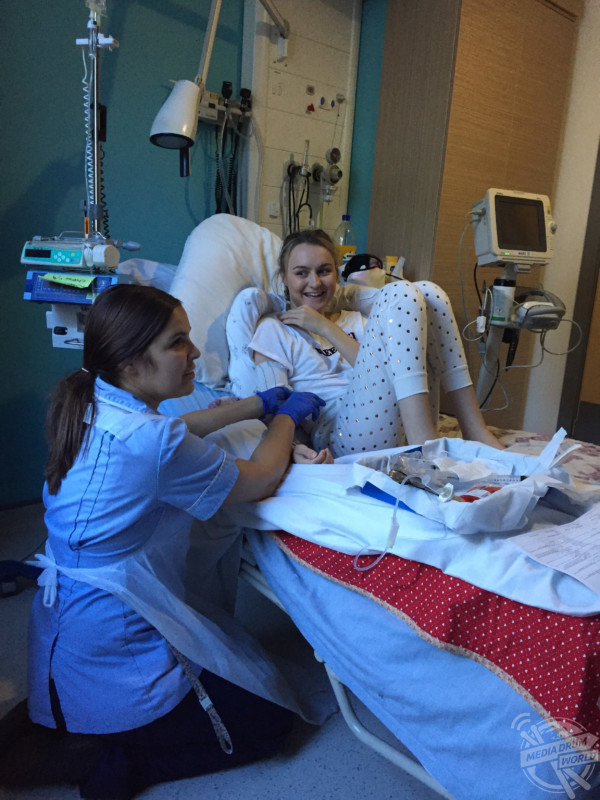
These reactions left doctors shocked that Daisy has survived them. She now shares her journey with the world on social media to keep loved ones updated.
“It was shortly after my birthday I started to get bad back ache; I couldn’t lift anything heavy, not even the kettle or the hand break on my car,” Daisy said.
“I remember in May 2017 I couldn’t lift anything out of my university flat, but I thought I’d just overdone it with carrying books and my laptop to university every day.
“If I sneezed, my back would have multiple spasms and I would collapse with the pain. Over summer I was then working at Silverstone Circuit and it just got worse.
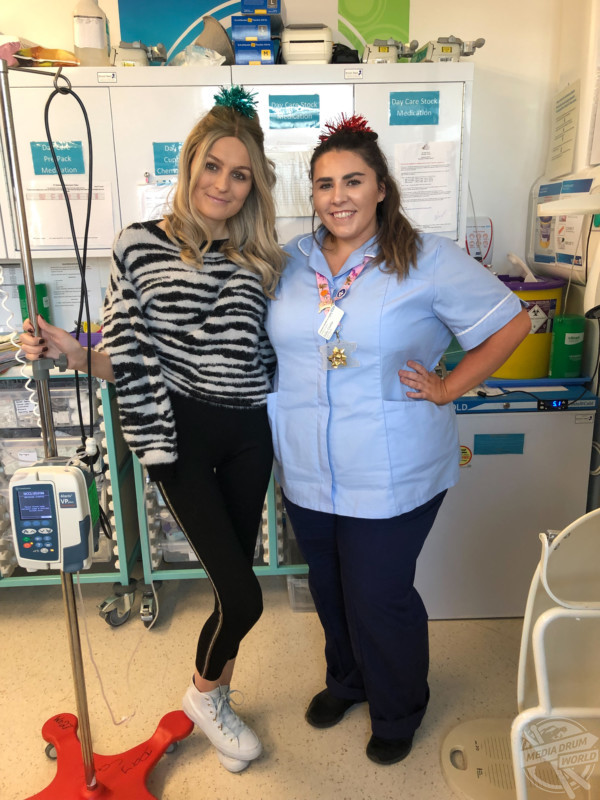
“I would keep going until I was blue in the face, rather than admitting I needed to go home. The pain then spread to my right leg, where my mum would wrap it in a blanket and hot water bottles every night before I went to sleep.
“At this point I visited my GP and things unravelled very quickly. When I was sent to Leicester to see a spine specialist, he said it wasn’t within his expertise, so he sent us to a different ward.
“When we arrived there, it was a teenage cancer ward. The word ‘cancer’ was plastered everywhere. It was normal up here, but to me I had never been touched by cancer; it was really scary.
“I was nervous, we then knew it was cancer at the time, but weren’t sure which type. I was waiting by the phone every minute of the day for some answers.
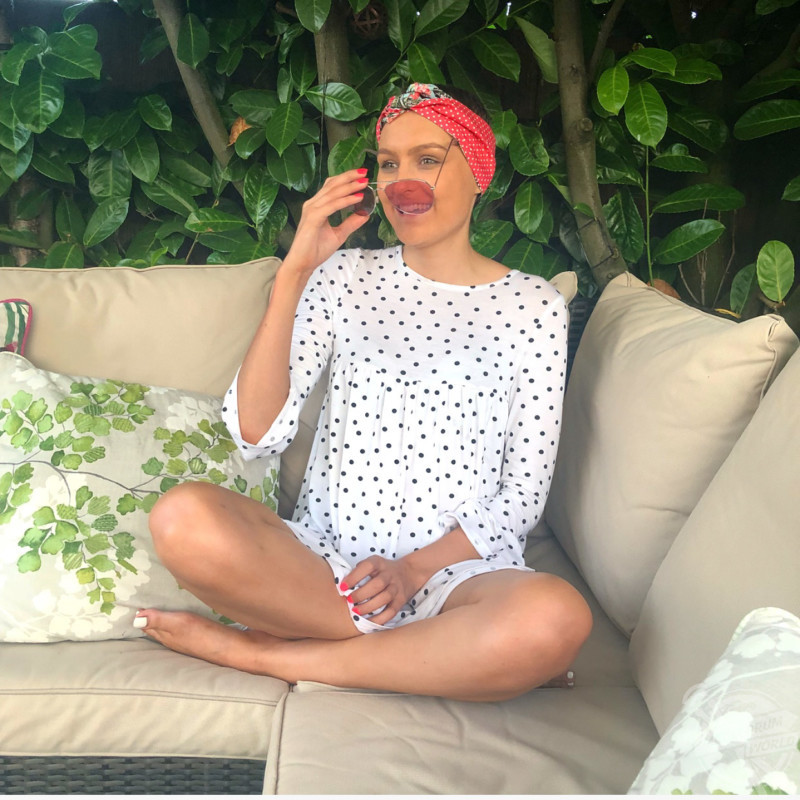
“By the time I was admitted to hospital, they confirmed that it was stage 4 ARMS; I was so poorly I didn’t even understand what was going on. At this point, I didn’t care what the diagnosis was, I was just relieved to have an answer.
“As I started to tell other people, I tried to deliver the news without sounding dramatic. But when the word ‘cancer’ is involved, that’s quite hard.
“I remember telling my friends, ‘don’t worry, I’ll be back at uni by Christmas, I’m going to be absolutely fine’, but I wasn’t. My mum couldn’t even say the word ‘cancer’.
“When she was telling people, she was giving them my full diagnosis, which nobody understood, just to avoid saying ‘the C word’ as she called it.
“My friends were upset, they were scared, and they felt so incredibly helpless. But as soon as they caught sight of my positive attitude, they were hopeful.”
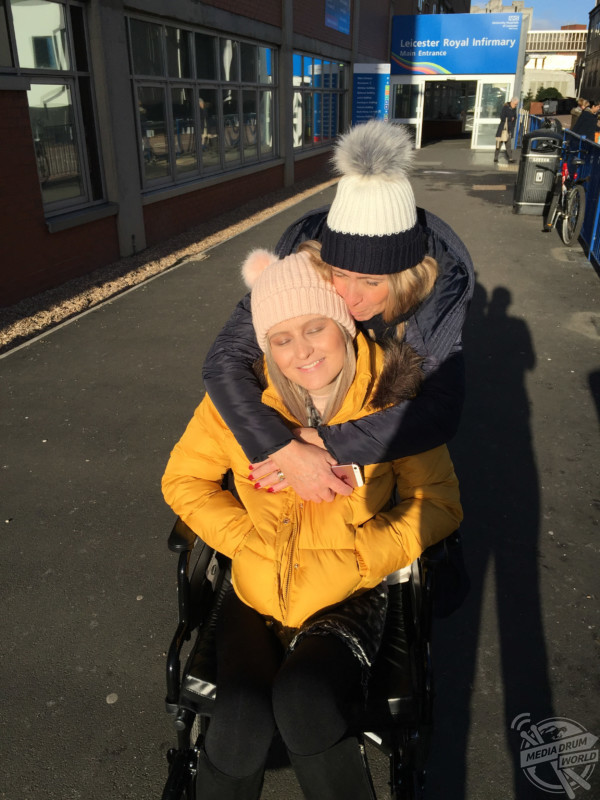
Following nine gruelling rounds of chemotherapy between September 2017 to February 2018 and six months of maintenance chemotherapy between May and October of that year, Daisy went in for a routine scan, only to find that the cancer had returned in her right leg.
Between November 2018 and January 2019, Daisy underwent four more rounds of chemotherapy only to be told that her body had stopped responding to the treatment. She began radiotherapy sessions on February 18, 2019.
Daisy is now doing her best to enjoy her life and continues to update her family and friends on her journey.
“At the beginning of my treatment, my consultant said there was a fifty-fifty chance of my body responding to the chemo,” she said.
“They picked out the hardest drugs and just threw them at me, with all hope my body would have some kind of positive response.
“Nobody was hopeful in the beginning; my prognosis was shocking. Mainly because it was ‘Stage four’ and metastasised around my body.
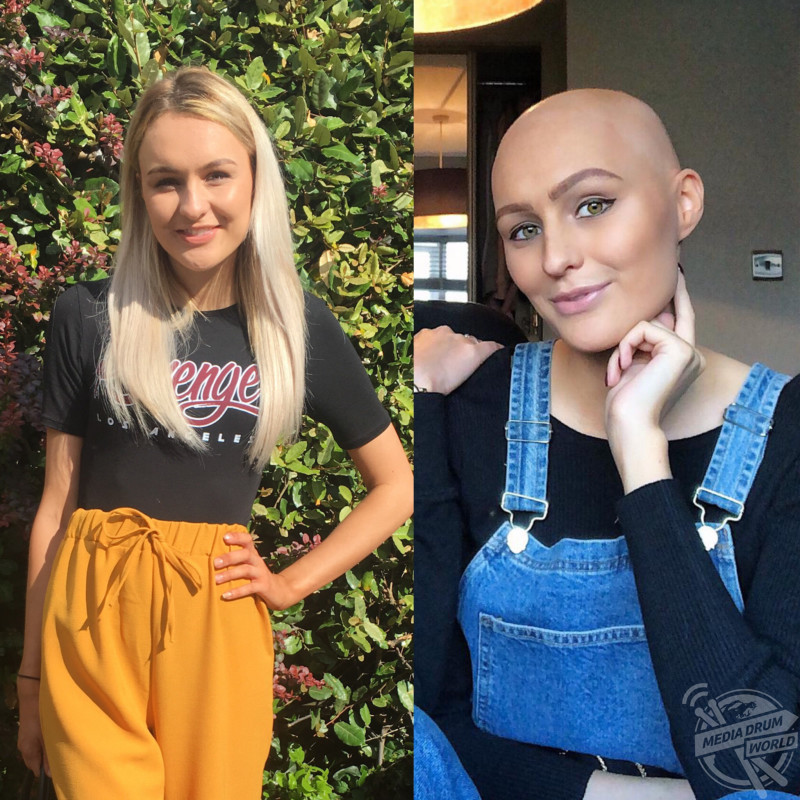
“Also, they have never known the primary site of where it began, so this can never be removed or treated. I’m living in knowledge that whether they treat my cancer this time or not, it is incurable, and it will always come back.
“Multiple near-death experiences also left the medical professionals shocked that I have survived. Neutropenic sepsis was a regular occurrence; one night I remember my mum just watching me sleep all night, thinking I wasn’t going to make it to the morning because they couldn’t get an infection under control.
“I don’t think it is because of anything I have done, you hear holistic remedies all the time from people, but I haven’t particularly tried any or adjusted my diet.
“These don’t work for everybody, just like chemotherapy doesn’t. Everybody is so different that you have to learn to listen to your own body.
“For me, I just needed calories to regain the ten kilograms and carry me through treatment, it didn’t care if it was processed meat or plants.
“I feel so proud of myself; I have discovered a strength I had no idea I had. I’m incredibly protective of myself now and know exactly what is and isn’t important in life.
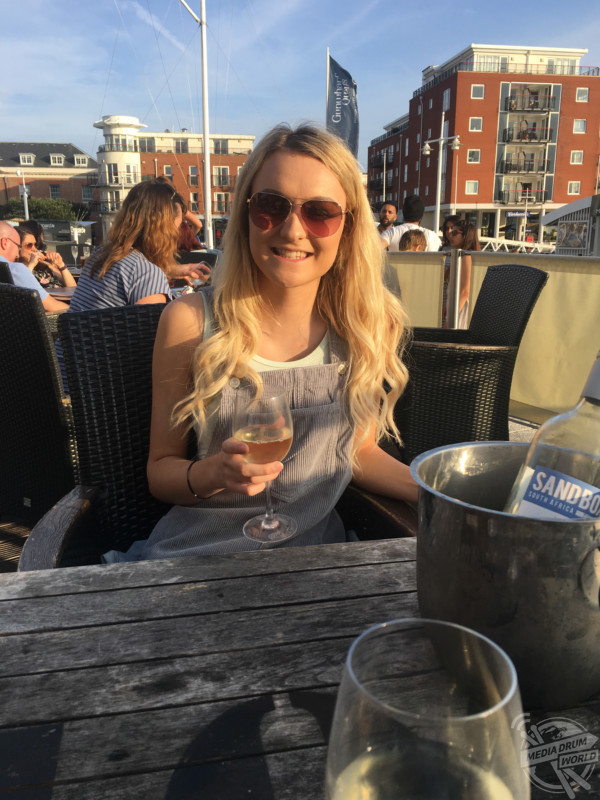
“I’m a better friend, a better daughter and a better person in general. This is because I have such a deep appreciation for life, I always have, but now it’s from a completely different angle.
“I know what it’s like to look death straight in the face, and to narrowly avoid dying. I have always hated my body image, but now I can’t help but love my body for all that it’s been through and all that it’s got me through.
“The scars, the damaged spine, the bald head; it’s a whole different type of self-love. I feel less anxious (weirdly).
“I used to suffer with severe anxiety and depression which I have been medicated for, for over three years now. Nothing gives you a kick up the butt like a life-threatening illness and the desperation to survive it.”






